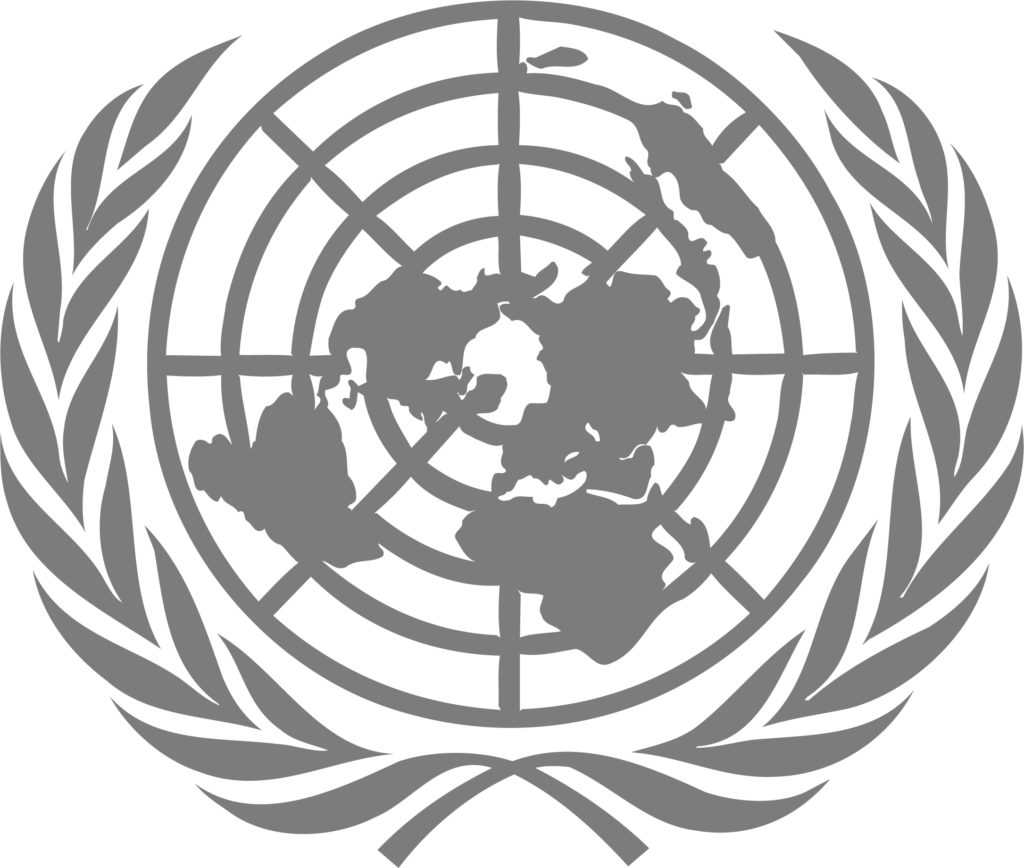More than 5.3 million Syrians are registered refugees. Nearly 5.1 million Palestinians are registered refugees. Almost one million refugees are from Afghanistan, and these numbers do not even encompass those who are unregistered.
Statistics do not fully represent the people being displaced, but the world still faces the biggest refugee crisis in history. It leaves many asking: what do we do?
Many turn towards the United Nations to measure how successful the joint efforts of countries have been. Oct. 24 marked the anniversary of the formation of the UN—a day Seattle University students and professors chose to reflect on the organization’s efficiency through a critical lens.
The United Nations is an intergovernmental organization in charge of bringing countries together to maintain international peace and security. Originally established in 1945, the organization works to promote human rights, advocate economic development, create environmental policies and provide humanitarian aid for those in need.
Seattle U’s Model United Nations team asked the question, “What can we do?” at the UN Day panel discussion centered around the refugee crisis. Sameer Kanal, the Program Coordinator for the Northwest Association for Global Affairs, Political Science Instructor Patrick Schoettmer and Veronica Fynn Bruey, a law professor and survivor of the Liberian war, all brought their opinions about the UN.
“As somebody who has lived as a war survivor, a refugee and an immigrant, I don’t particularly see the UN as this great organization,” Bruey said. “In my view, the UN is not set up to prevent crisis, to prevent violence, to prevent the mass movement of people.”
She argued that the organization should try to invest in catching the early warning signs of possible displacement and work toward prevention of violence.
“As an international agency, millions of dollars go to help with refugee crisis, but those people working on the ground usually do not leave anything in the country except for the basic tents and food,” she said.
Bruey believes that major western countries rarely work with the deeper long-term support, highlighting refugee education in particular.
“Once you are able to bring in the basic necessities, especially with refugees in Palestine, in parts of Tanzania [and] in parts of Ghana and Liberia, where people lived on refugee camps for more than 20 years, it’s more about how can people acquire education,” she said.
Bruey moved to Canada to receive an education and now sees education as key to increasing the quality of life for refugees once they immigrate or reintegrate into their country after war time. The UN does not tend to focus on this aspect of rehabilitation.
Political Science Major Jack Feary argued further that many times, those living in the United States are hesitant to send relief efforts without being pushed.
“It’s the collective voice of migrants who advocate to keep supporting refugee-helping efforts [within the United States],” Feary said.
The panelists all had mixed opinion on the effectiveness of the UN.
“The single most important thing the UN has done is the Declaration of Human Rights,” Schoettmer said, with a neutral, yet slightly more positive outlook on the UN. “[The declaration] has become a rhetorical benchmark that we can hold the rest of the world too. It gives us something to work for.”
All three panelists agreed that the 1967 Protocol Relating to the Status of Refugees created by the UN Refugee Agency opened the doors to who could receive protection and aid from the UN. This protocol removed both the temporal and geographic restrictions on who would be considered a refugee. Countries have specific responsibilities towards anyone seeking asylum on their territories or borders, but they must be defined as a refugee.
Today, a refugee is defined as a person fleeing armed conflict or persecution. This term is constantly confused with the term migrant, but a migrant is a person who does not move under direct threat, but rather moves for a betterment of life.
The majority of people arriving in Italy and Greece are said to be both of these terms. They come from war-torn countries, but face the issue of not receiving full international protection.
All three panelists argued that the term refugee should also include those being displaced by environmental factors, like those in the Marshall Islands and Hurricanes Irma and Maria Caribbean refugees.
As the refugee crises continue, the role the UN plays and the resources with which it can provide relief are continually brought into question. As has been made clear by the ways resources have reached and have failed to reach those in Puerto Rico, Palestine and a variety of other centers of crisis, an analytical conversation about the UN’s effectiveness is increasingly central to humanitarian effort.
Erika may be reached at
[email protected]













